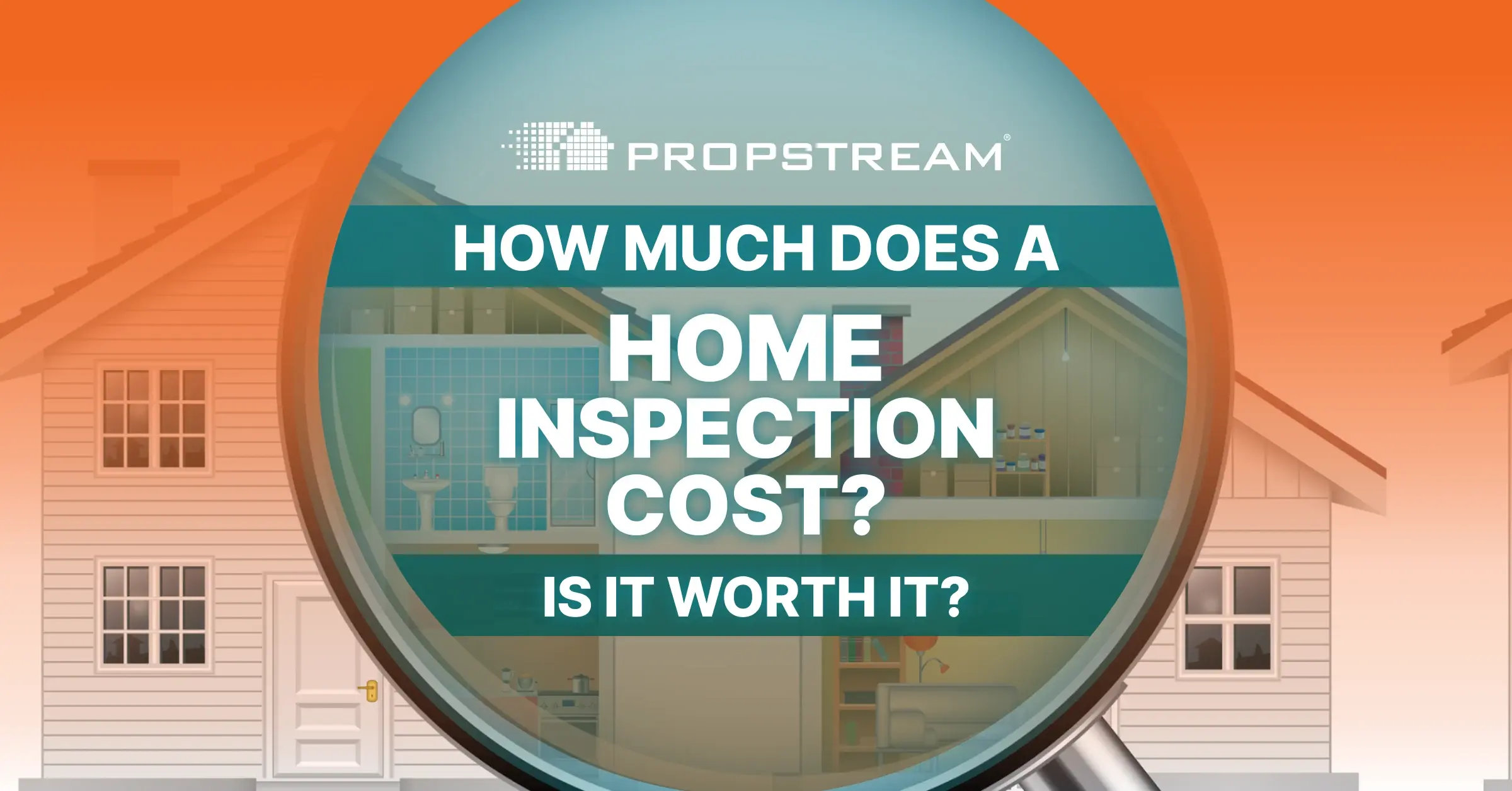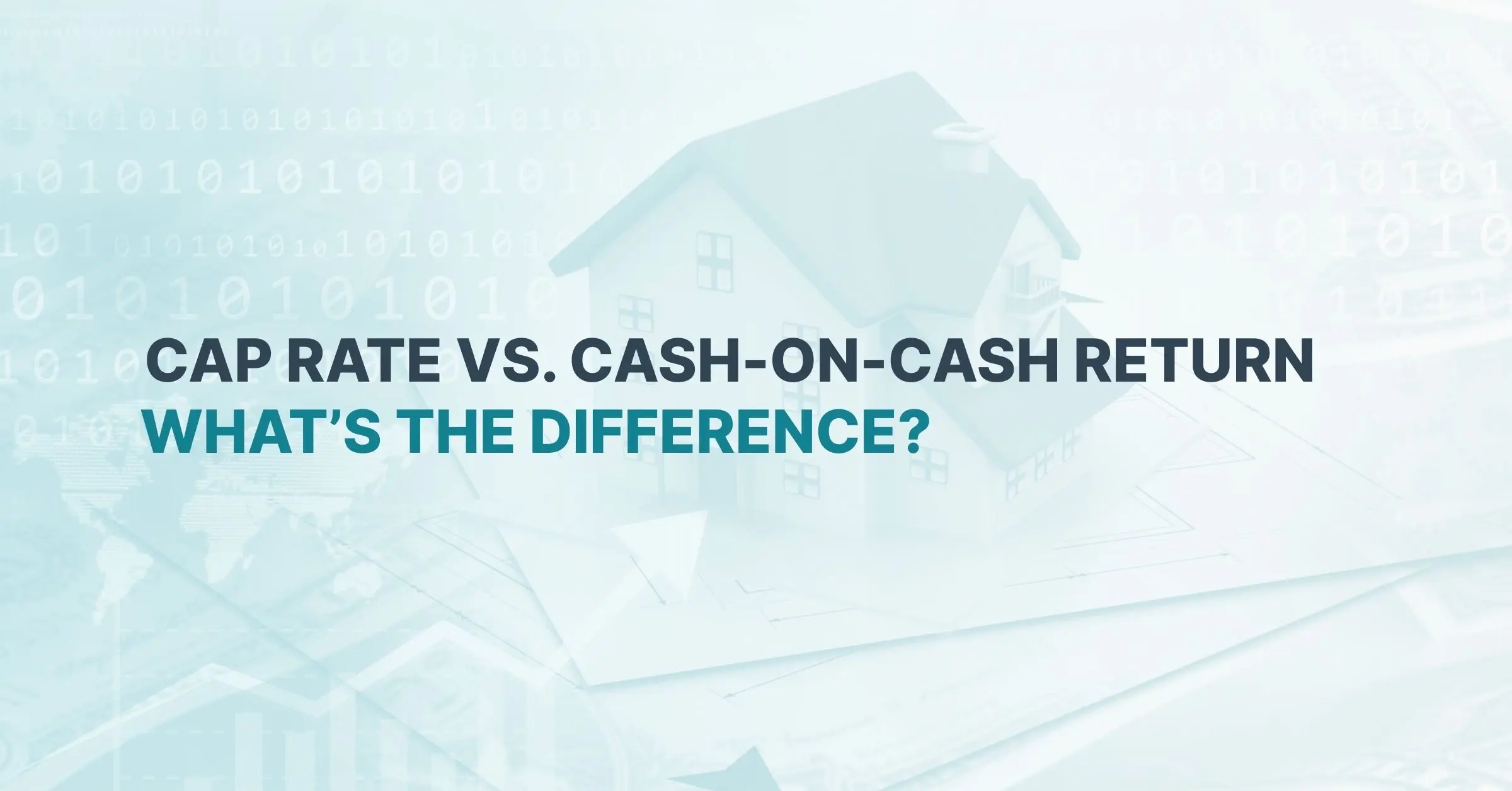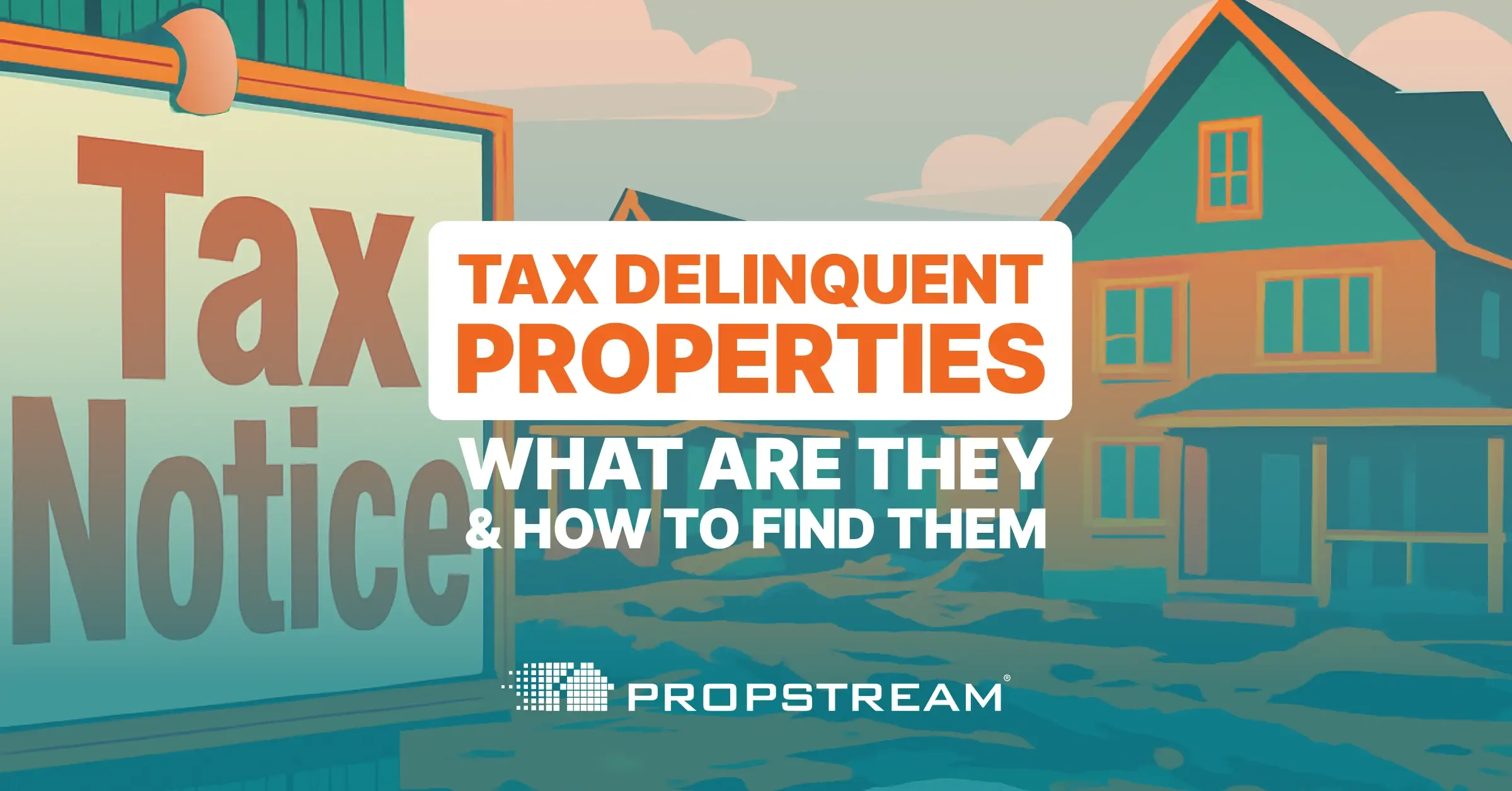Disclaimer: PropStream does not offer investing advice or make profit promises. This article is for educational purposes only. We recommend consulting financial professionals and/or doing your due diligence before investing in off-market real estate.
|
Key Takeaways:
|
While the U.S. housing market has cooled since its pandemic frenzy, it’s still a seller’s market. This means housing demand exceeds supply, often resulting in overpriced properties and bidding wars. As an investor, this can make it challenging to find profitable deals.
However, even in a seller’s market, you can find unique opportunities to buy real estate below market value. They’re called off-market deals. Read on to learn what they are, why investors prefer them, how to find them, and more.
Table of Contents |
What Are Off-Market Properties?
Off-market properties are those not publicly listed for sale. In other words, they aren’t on any of the nation’s 500+ multiple listing services (MLSs), where agents typically share listing information, or any other real estate marketplace sites (think Zillow, Realtor.com, etc.).
Instead, off-market properties are either homes that are for sale but marketed privately or homes that are not currently for sale but have the potential to be.
For example, many homeowners may be interested in selling but bypass listing their property publicly for more privacy, speed, or savings on closing costs. They may still hire an agent to market the property privately to an exclusive buyer’s group (aka a pocket listing), or they may bypass an agent and sell directly to a buyer they know.
Alternatively, an off-market property could be any property where the owner is not actively trying to sell but may still be interested if approached with the right offer. This could be an expired or failed listing where the home wasn’t sold while it was on the market.
Off-Market Deal Example Scenario
%20(1).png?width=1252&height=834&name=off%20market%20(9)%20(1).png)
Imagine you’re driving through a neighborhood and notice a distressed duplex with an overgrown lawn. Suspecting the owner doesn’t occupy the property, you do some research to confirm that they live out of state and that the property isn’t listed for sale anywhere. You then perform a skip trace and send an email to the owner expressing your interest in buying the property.
To your delight, the owner responds that they’ve been considering selling but didn’t want to make improvements to the property or deal with showings. After a few more phone calls and a property visit, you and the seller agree on a favorable price, and the deal closes off-market, benefiting both the homeowner and you.
Top Reasons Investors Prefer Buying Off-Market
Off-market deals offer many advantages over traditional real estate transactions, especially in a tight market with limited inventory. Consider the following:
Access to Unique Deals
When you buy off-market, you find deals you wouldn’t otherwise come across. Think inherited properties owned by heirs who don’t want them, rentals owned by tired landlords looking for an exit, and older homes owned by aging couples who want to downsize.
Often, you can create opportunities simply by making an offer. You might be surprised by how many owners are willing to sell to you to forego the traditional listing process.
Less Competition
Because off-market properties aren’t publicly listed for sale, they attract fewer buyers (if any). As an investor, this is good news. It means there’s less competition to beat you to the deal and fewer bidders to drive up the home’s price.
It also means you’ll have more power to negotiate a favorable deal. After all, unless the owner publicly lists their property for sale, you’re likely their only potential buyer.
More Control and Speed
Off-market deals give you more control over the transaction. For example, the seller can skip the home staging, open houses, and showings to close faster. At the same time, you can feel less rushed because you’re not competing against other buyers.
It’s also easier to get creative with off-market deals. For example, you can arrange seller financing so you don’t have to qualify for a conventional mortgage or build fewer contingencies into your offer to cut down on unnecessary back-and-forth.
Motivated Sellers
Pursuing off-market deals can lead you to motivated sellers. For example, owners may be eager to sell when facing major life changes, such as relocation, divorce, or financial strain. By offering to buy their property, you may be doing them a favor by taking a burden off their hands.
Additionally, your offer may appeal to buyers in a compromising position who need a swift sale. Catching owners at the right time can be a great way to negotiate a win-win deal for you and them.
Lower Prices and Fees
Off-market properties are more likely to sell below market value. Since they already have an interested buyer, the seller can save on other costs like commissions or marketing.
Furthermore, when the property avoids MLS exposure, there’s less upward demand pressure on prices. As a result, you can often secure off-market properties at a discount, making it easier to turn a profit on a flip, BRRRR, or wholesale deal.
The Challenge: Finding Off-Market Deals
%20(1).png?width=1252&height=834&name=off%20market%20(10)%20(1).png)
While off-market deals have major benefits, they’re also harder to come by. When a property isn’t listed for sale, it’s harder to gauge owners’ interest in selling, make contact, and build the rapport needed to close a deal.
Traditional approaches of networking and cold outreach are often time- and labor-intensive. You may spend hours driving for dollars, scouring public records, sending direct mail to unqualified leads, and navigating complex legal hurdles during due diligence.
Fortunately, there’s a better and faster way to find off-market deals: PropStream it!
The Solution: Enjoy 50 Free Off-Market Leads with PropStream!
With PropStream, you can quickly search our database of over 160 million properties nationwide and sort with relevant filters. For example, you can filter for absentee owners, pre-foreclosures, vacant properties, failed listings, and dozens of other statuses that could reveal a hidden off-market opportunity. You can even apply multiple filters and export lead lists.
Try PropStream for 7 Days Free!
Furthermore, PropStream has built-in marketing tools for skip tracing, direct mail outreach, and email campaigns to help you connect with leads. Whether you’re a beginner or a seasoned pro, our platform can be your one-stop shop for investing in off-market real estate.
Activate Your 7-Day Free PropStream Trial
Frequently-Asked Questions (FAQs)
What is an off-market property?
An off-market property is any property not listed on the MLS or major real estate platforms, but may still be for sale or open to offers.
Are off-market deals legal?
Yes, buying and selling real estate off-market is completely legal, as long as applicable local, state, and federal laws are followed. Consult a legal professional to learn more.
Why would a seller choose not to list their property?
How do I find off-market properties?
Are off-market properties always cheaper?
Not always, but they can often sell below market value due to limited buyer competition, reduced selling costs, and motivated sellers.
Can beginners invest in off-market real estate?
Yes, with the right strategy, beginners can invest in off-market properties, especially with tools like PropStream that streamline the research and outreach process.



